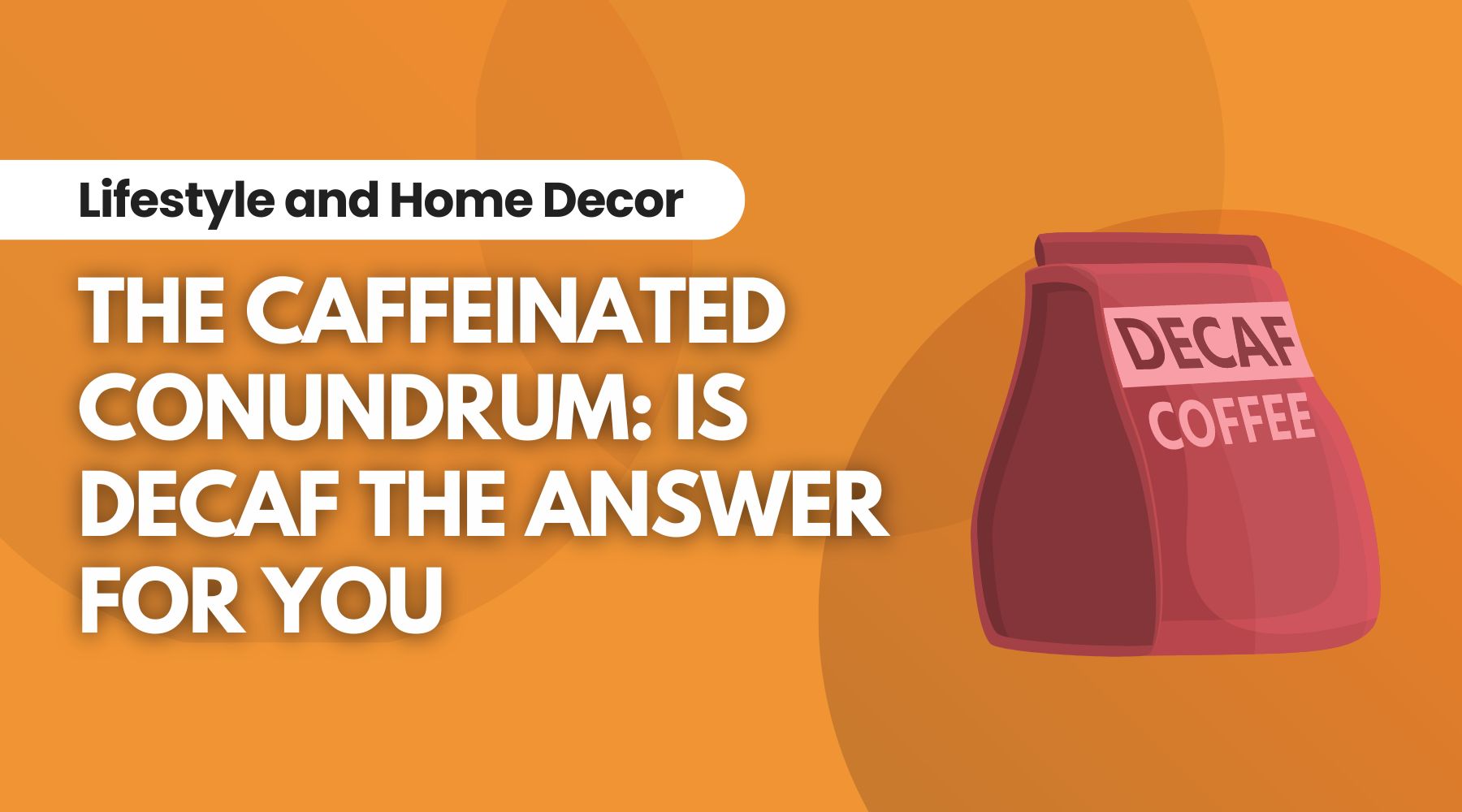
What is Decaffeinated Coffee? Guide to Your Morning Brew
Ah, the humble cup of tea or coffee. A beloved British tradition, it fuels our mornings and provides a comforting pick-me-up throughout the day. But for some, the stimulating effects of caffeine can be a concern. This is where decaf and decaffeinated beverages come in. While they sound similar, is there a difference between these terms? Let's brew a pot of knowledge and find out!
Decaf or Decaffeinated? It's All About the Beans
The terms "decaf" and "decaffeinated" are, for all intents and purposes, interchangeable in British English. Both refer to coffee or tea that has undergone a process to remove most of its caffeine content. This process typically involves soaking the beans or leaves in a solvent like water, carbon dioxide, or organic solvents like methylene chloride (although this method is less common nowadays due to health concerns). The solvent attracts the caffeine molecules, which are then separated from the beans or leaves.
A Trace Remains: Understanding Caffeine Levels
While decaffeinated beverages have significantly less caffeine than their caffeinated counterparts, they're not entirely caffeine-free. A typical cup of decaf coffee might contain anywhere between 2mg and 12mg of caffeine, compared to 80mg to 180mg in a regular cup. Similarly, decaf tea can have around 2mg of caffeine per cup, while standard black tea packs a punch with about 47mg.
Why Choose Decaf?
There are several reasons why someone might opt for decaf. Here are a few:
- Sensitivity to Caffeine: Some individuals experience anxiety, jitters, or insomnia from even moderate amounts of caffeine. Decaf offers a way to enjoy the taste of coffee or tea without these side effects.
- Health Concerns: Caffeine can exacerbate certain health conditions like heart arrhythmias, high blood pressure, or acid reflux. Decaf can be a suitable alternative for those managing these conditions.
- Later Sipping: Enjoying a cup of tea or coffee before bed is a relaxing ritual for many. Decaf allows you to indulge in this habit without worrying about disrupted sleep.
The Final Sip: Enjoying Your Cup, Decaf or Otherwise
Whether you choose decaf or caffeinated, the most important thing is to enjoy your cuppa! Understanding the difference between decaf and decaffeinated allows you to make informed choices based on your preferences and health needs. So, grab your favourite mug, steep your tea leaves, or brew your perfect cup of coffee, and savour the moment – decaf or not!
